Interview with Michael Hoffman, author of Fuji, Sinai, Olympos
Inside the Book:
Title: Fuji, Sinai, Olympos
Author: Michael Hoffman
Publisher: Virtualbookworm.com
Genre: Essays
Format: Ecopy /Paperback
Travel companions on my journeys are four in number: Odysseus, Don Quixote, Huckleberry Finn and Basho.” (Travel) “He walked in priestly garb. Arriving towards evening at a town or village, he’d chant sutras until passersby gave him, or flung him, enough money for a flophouse bed, a little food, a bath and enough saké to induce a measure of forgetfulness. ‘A beggar,’ he admonished himself, ‘has to learn to be an all-out beggar. Unless he can be that, he will never taste the happiness of being a beggar.’” (Walking) ‘“The pleasantest of all diversions,’ said the fourteenth-century Japanese priest Kenko,“ is to sit alone under the lamp, a book spread before you, and to make friends with people of a distant past you have never known.’ Reading is inseparable from reverie. ‘Sitting alone under the lamp,’ I was soon not alone at all, but hosting, I venture to say, as vivid and varied a company as ever gathered under one roof. (Genji, Myshkin and Jones) “Everest is nothing, mere seismology.” (Fuji, Sinai, Olympos)
PURCHASE HERE
THE INTERVIEW
THE INTERVIEW
Can you tell us a little about the book and why you wrote it?
The immediate impulse came from reading Montaigne’s Essays. Montaigne, writing in the 16th century, is said to have invented the essay. I say (in my book) that this is not so, that the essay originated in Japan centuries before Montaigne. But Montaigne’s wit and humor and insights are very compelling, and his range of subjects – cannibals, cats, carriages, politics, history, old age, death, poison, sex, love… - is amazing. As I read I thought, “I can do this! Can I do this? Let’s try!” And so I started jotting down ideas, phrases, words, as they occurred to me – and these jottings grew, over two years, into essays.
What were the biggest challenges you faced writing it?
I think the biggest challenge is knowing when to stop – because once you start it’s hard to stop. There’s always one more thing you want to say, one more point you want to make, one more word… etc. But the essay, like the short story, is a form that demands creative use of limits. At a certain point it whispers to you: “Enough!” You have to be alert to that whisper – because it’s never more than that.
Do you plan on writing subsequent books?
Yes, my next book is in the works, it’s a novel with neither beginning, middle nor end; as of now it’s some 2000 pages long and I have to ask myself, Is this to be compressed to 300 pages and given a definite shape, or left as is like a river overflowing its banks? Current preference, subject to change, is the latter. Its title is Arimasen – which is Japanese for “is not.”
Can you tell us when and why you began writing?
When I was 10. As far back as I can remember, writing came more easily and naturally to me than speaking.
What do you feel is your biggest strength as an author?
I can think of two. The first is obvious: I think I write well. The second is… ignorance. I “know” nothing – which (I hope) opens my mind to everything. When my mind is fully open, then I begin to write, and when it’s going well I read over what I’ve written in a kind of bewildered astonishment and say to myself, “I didn’t know I had that in me!”
Did writing the book teach me anything?
Why, yes, it taught me everything that’s in the book!
MEET THE AUTHOR
Michael Hoffman has lived in Japan since 1982. His columns appear regularly in the Japan Times, irregularly elsewhere. His previous books include "In the Land of the Kami: A Journey into the Hearts of Japan;" "Other Worlds; Little Pieces: This Side of Japan;" and "The Coat that Covers Him and Other Stories."-->






















































































































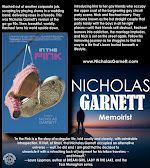


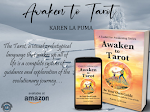
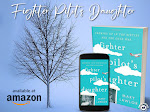




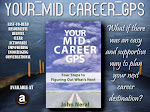
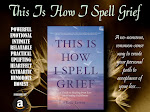
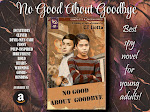


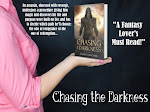
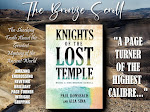



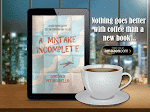
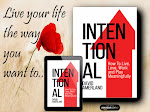
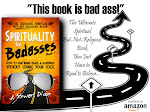

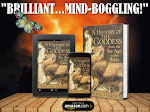


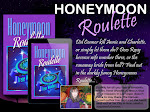
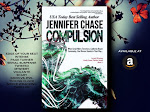

















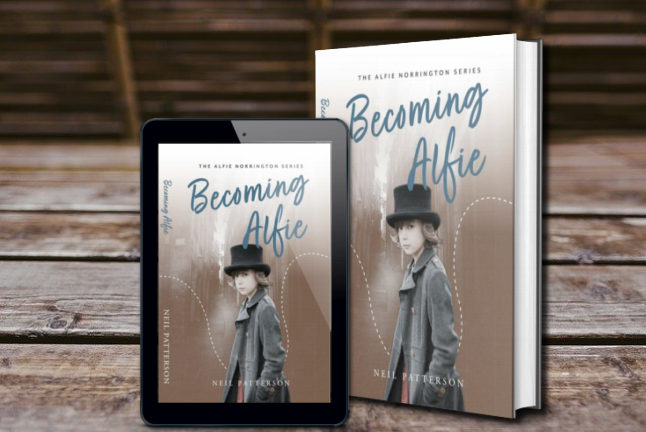
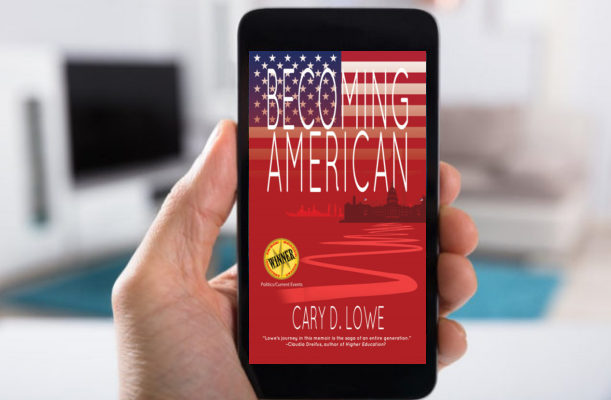

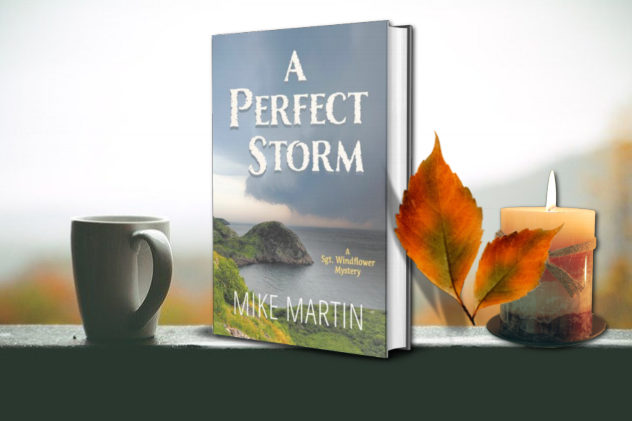
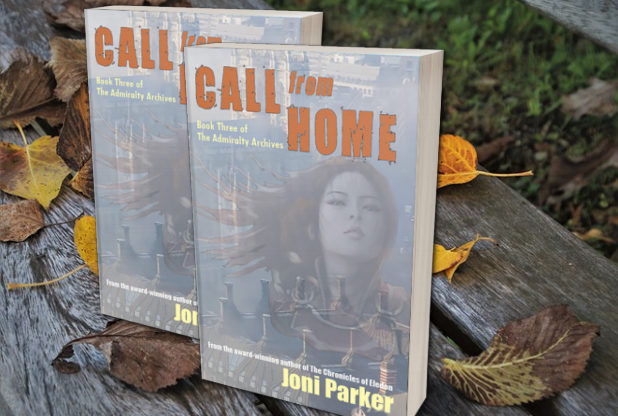
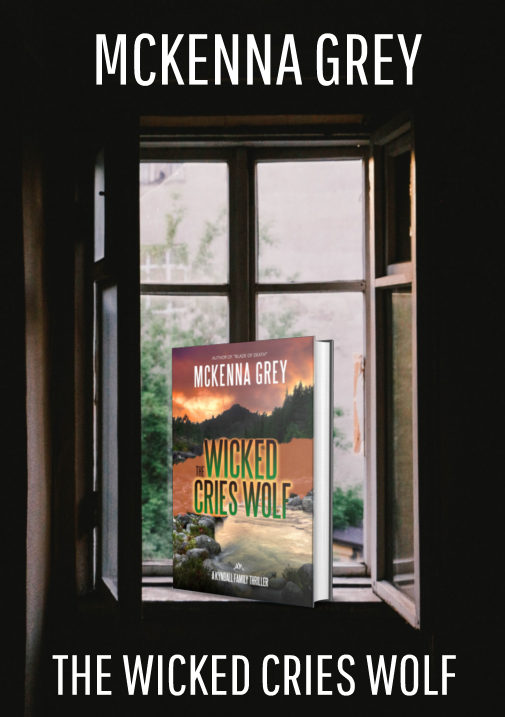


Leave a Comment